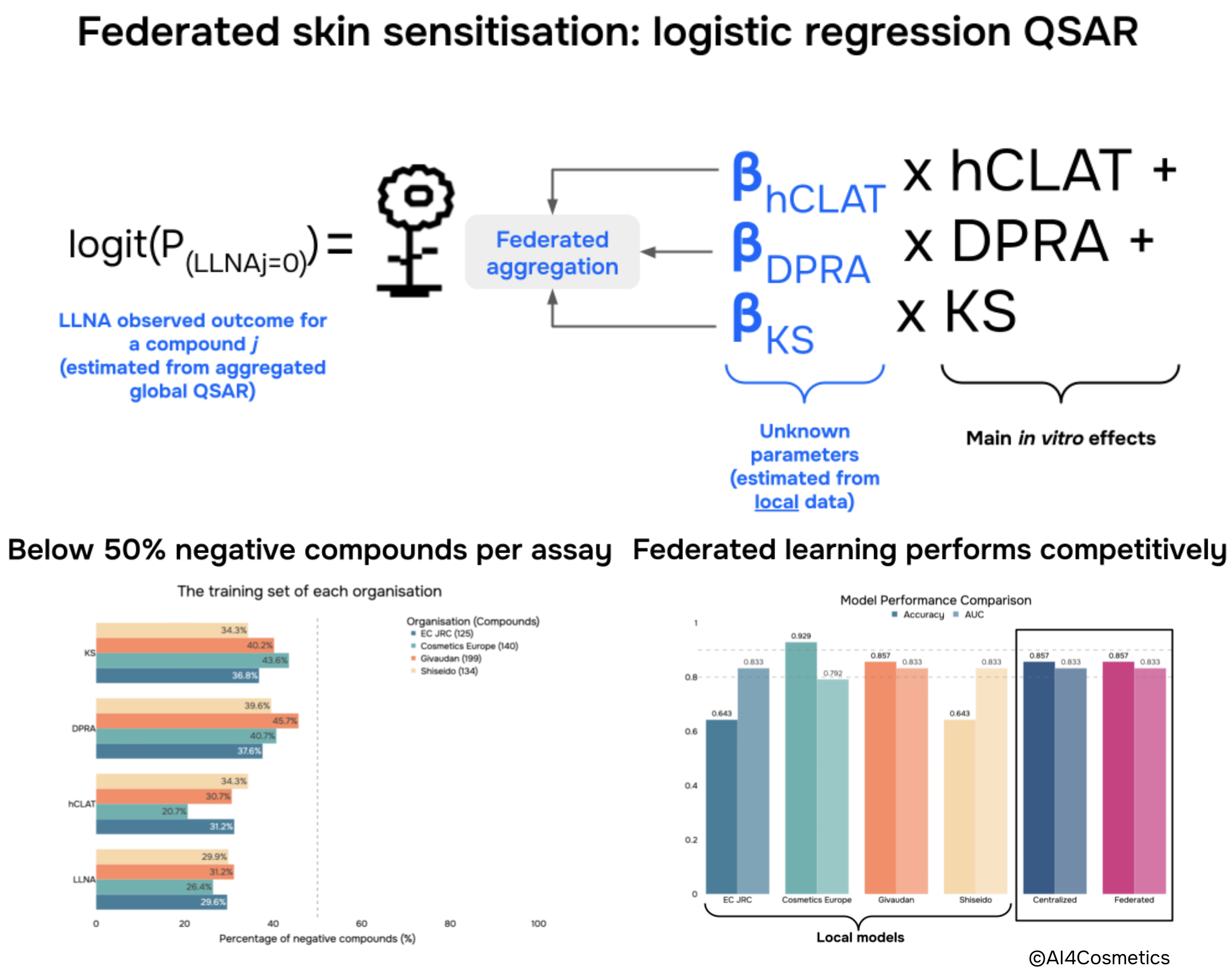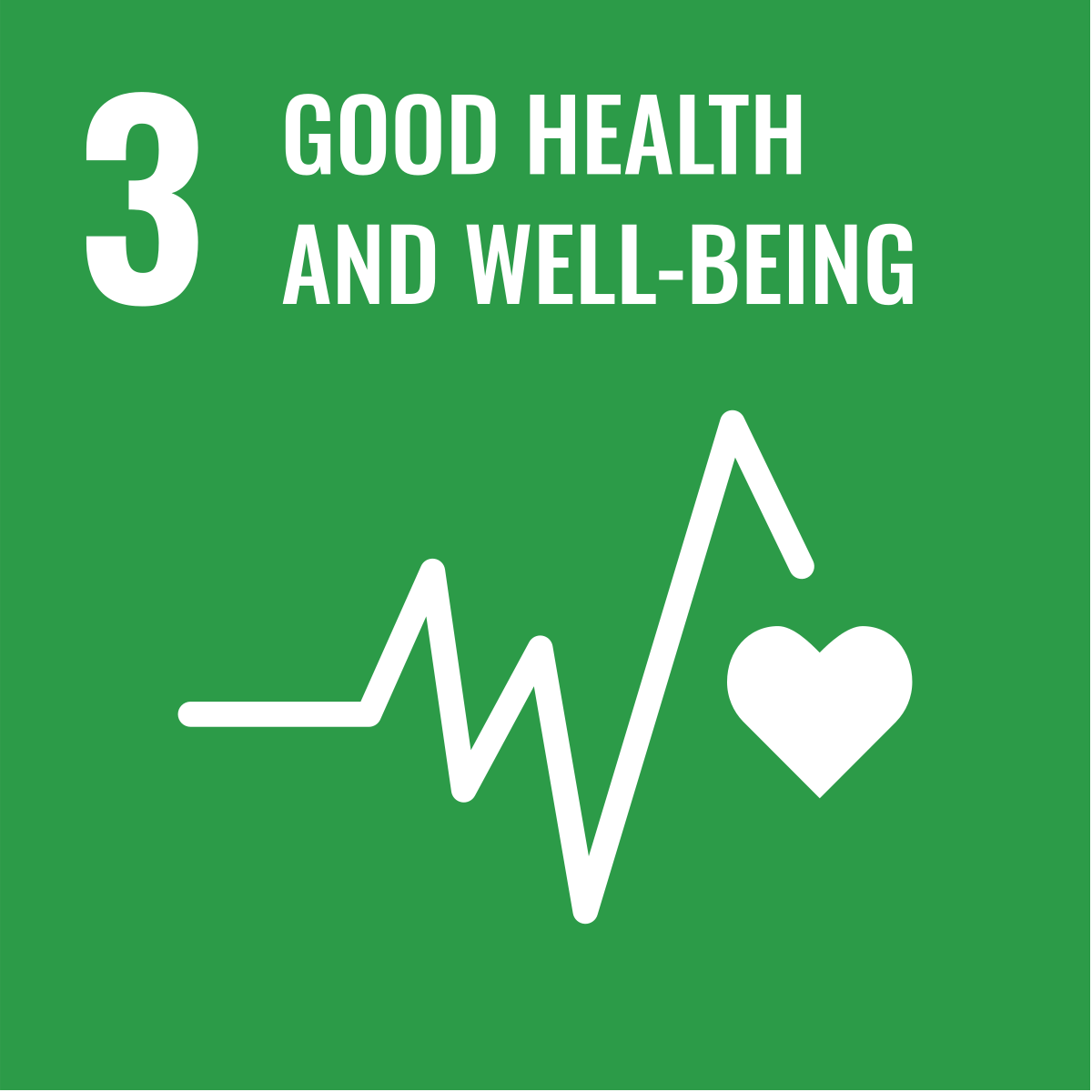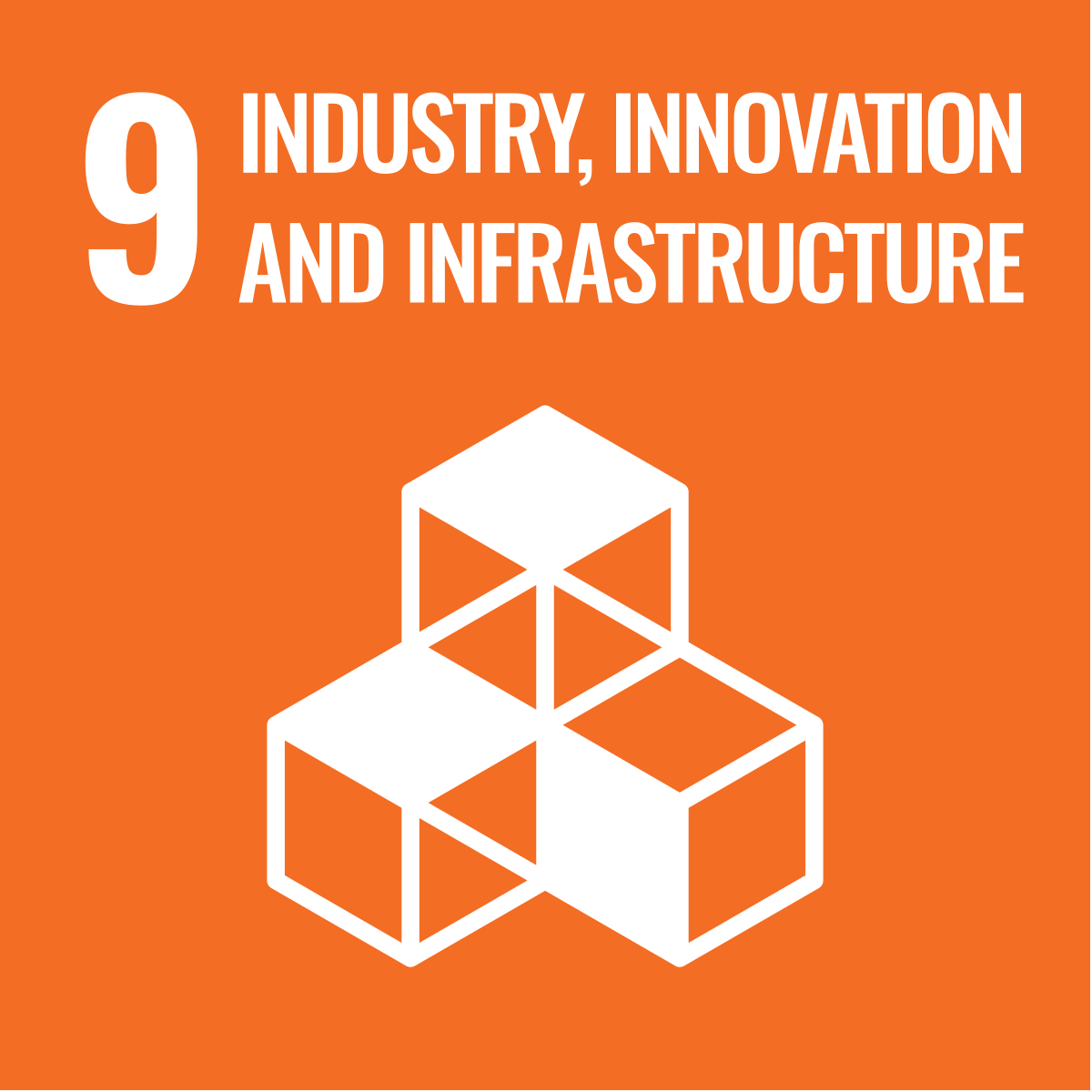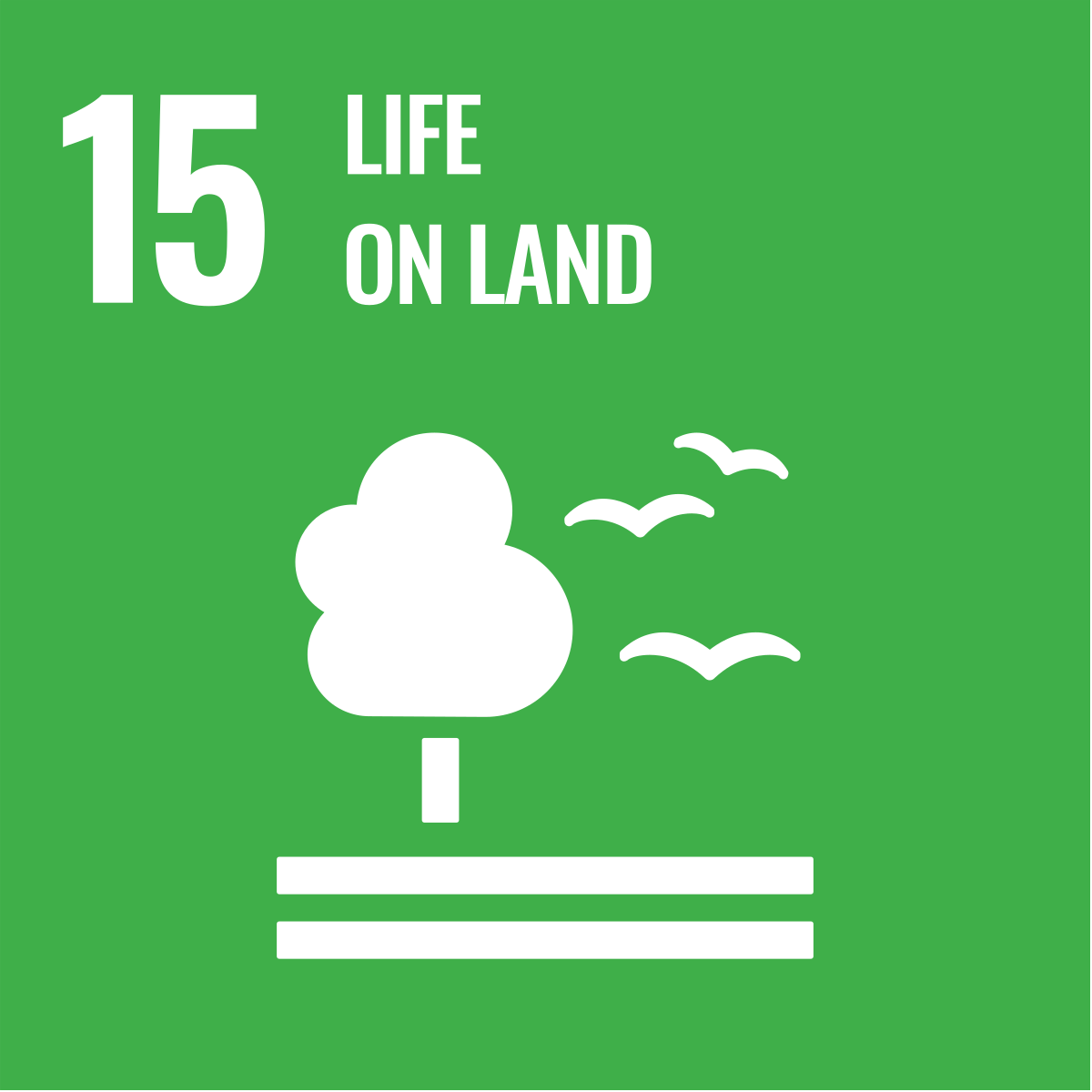Join us
We are currently designing the prototype. Get in touch and help shape its direction.
New to federated approaches?
How can federated approaches help you and your team?
Here are some examples:- Identify similar analogues for read-across from proprietary sources
- Improve the applicability domain of your local QSAR model
- Exchange knowledge, including from unstructured data, using LLMs and RAGs
What can we do for your team now?
- Live workshops (in person & online)
- Federated pipeline design & implementation support
- Federated readiness audit & technical mentorship
Frequently Asked Questions
Yes, privacy and security are at the core of federated approaches. By using federated pipelines, your proprietary or sensitive data never leaves your premises. Also, Flower is ISO 27001 certified.
This is part of the design of the federated pipeline, where parties have to discuss and agree on the type of information and parameters to be co-trained or shared. There are various federated methods, and Flower facilitates their implementation and allows for personalised collaborations!
Yes, our simulated use case on mutagenicity, where one organisation had 80% mutagenic compounds and the other organisation had 20% mutagenic compounds, showed that the federated global model outperformed both local models and had a balanced performance overall. Thus, the global model was able to differentiate between mutagenic and non-mutagenic compared to a local model.
There are various approaches. The most used one is cyclical, where the local models are co-trained simultaneously in multiple rounds. We are happy to run live workshops. Get in touch!
Researchers, regulatory experts, industry professionals, raw material suppliers, chemical manufacturers, consultancy, in vitro testing providers. FL-CHEMSAFE can help sharing knowledge across departments and stakeholders, flexible and scalable.






